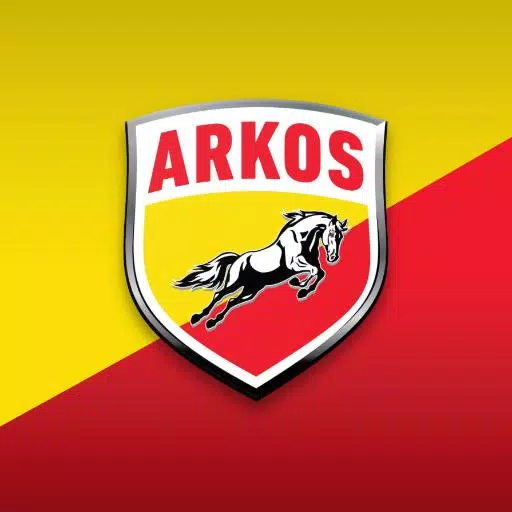EA launched the Origin App back in 2011 as a platform for PC gamers to browse and purchase EA's PC games directly from its digital storefront, rather than relying on Steam. A significant moment for Origin was the exclusive launch of Mass Effect 3 in 2012, which mandated the use of Origin. However, despite this, Origin never quite captured the market's full attention.
The app's clunky user interface and frustrating login processes were major turn-offs for many PC gamers, who often went out of their way to avoid using Origin. Despite these challenges, EA remained committed to the platform but has now decided to replace it with the equally cumbersome EA app.
This transition comes with significant implications. For instance, if you own Titanfall on Origin and cannot access your account, you're out of luck. You must formally switch your account from Origin to EA to retain access to your purchased games.
Additionally, users on 32-bit systems will be left behind, as the new EA app only supports 64-bit operating systems. This move aligns with industry trends, as Steam also discontinued support for 32-bit operating systems in early 2024, affecting only a small number of users still on these systems.
It's highly unlikely that anyone who has bought a new PC, laptop, or built a custom gaming rig in the past five years would be running a 32-bit OS. Nonetheless, Microsoft sold 32-bit versions of Windows 10 up until 2020. If you're using Windows 11, you're in the clear since it exclusively supports 64-bit, a feature introduced with Windows Vista nearly two decades ago.
A simple way to check your system's compatibility is to look at your RAM capacity. A 32-bit OS can only utilize up to 4GB of RAM, so if your system has more than that, you're likely safe. However, if you've mistakenly installed a 32-bit version of Windows, you'll need to perform a full system wipe and reinstall a 64-bit version of the OS.
While dropping support for 32-bit systems isn't unexpected in 2024, it raises questions about the concept of digital ownership. Losing access to a library of games you've owned for years due to hardware changes is frustrating. Steam, too, has moved away from supporting 32-bit systems, leaving players unable to upgrade to modern systems in a difficult position.
Moreover, the rise of invasive digital DRM solutions like Denuvo in PC games adds another layer of complexity. These systems often require deep kernel-level access to your PC and may impose arbitrary installation limits, despite your purchase.
One way to safeguard a legitimately purchased digital library is to support GOG, operated by CD Projekt. Every game on GOG is DRM-free, meaning you can download and run your titles on any hardware they support, indefinitely.
However, this approach also opens a window for potential software piracy. Despite this, new titles continue to be released on the platform, with the highly anticipated RPG, Kingdom Come: Deliverance 2, set to launch "coming soon" on GOG.















